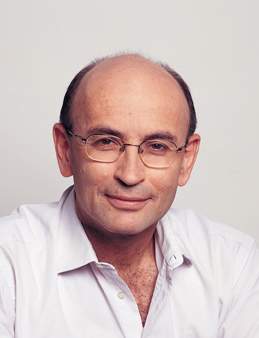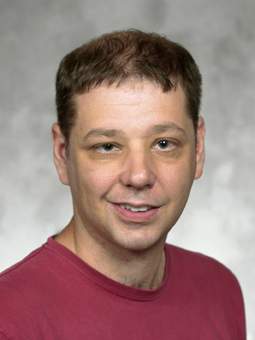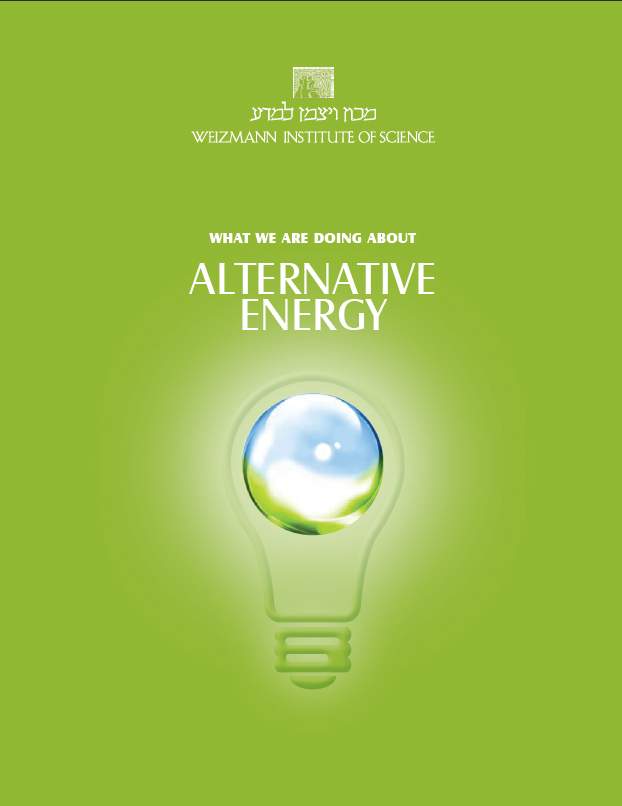

To a farmer, plants are food and a source of income. To a biologist, they are living organisms with organs, cells, genes and life cycles. To an ecologist, they are integral components of an ecosystem. Dr. Dror Noy and Prof. Avigdor Scherz of the Plant Sciences Department look at plants from all of these perspectives, plus one more – that of engineers.
Plants contain the ultimate machinery for absorbing sunlight and a few simple molecules, and turning them into the complex sugars and proteins that sustain not only their own existence but that of most of the food chain. We humans also use plant energy to cook food, heat homes and fuel vehicles – through direct burning or conversion to another form such as ethanol. While ethanol production increases the value of the farmer’s crops in the short run, ecologists warn that there are not enough resources to both feed the world and meet the rising demand for biofuel, using conventional agriculture. Moreover, biologists point out that climate change might affect the ability of many plants’ photosynthetic energy conversion machinery to function efficiently.
To engineers, these are problems that require some creative thinking, research and, possibly, unconventional approaches. While photosynthesis evolved to fuel the growth and reproduction of plants, scientists – among them Noy and Scherz – hope to find ways to revamp its machinery to produce green fuels for transportation.
Noy and Scherz are working, with support from AERI, with one-celled marine organisms – cyanobacteria and algae – that, like plants, are photosynthetic. The advantage of these microorganisms is that they grow easily in ponds and pools, requiring no soil and little maintenance. Scherz and his group have been revealing the secrets of enzymes that allow these organisms to function efficiently in extreme temperatures. They aim to apply this knowledge to creating genetically engineered strains of cyanobacteria and algae that will thrive in a range of climactic conditions and efficiently produce quantities of biomass for fuel.
Noy, meanwhile, is working on upgrading the working core of the photosynthetic apparatus. The idea is that the beginning stages of photosynthesis, in which light particles are captured and their energy is converted to chemical energy, could be engineered to split water molecules into hydrogen and oxygen. He is creating new proteins that can be integrated into the existing machinery for various purposes, including some that may in the future turn the microorganisms into tiny factories that run on sunlight and produce a steady supply of hydrogen.
Dr. Dror Noy’s research is supported by the Chais Family Fellows Program for New Scientists; the Koret Foundation; Mr. Ilan Gluzman, Secaucus, NJ; and Dr. and Mrs. Robert Zaitlin, Los Angeles, CA.
Prof. Avigdor Scherz’s research is supported by Mrs. Sharon Zuckerman, Toronto, Canada. Prof. Scherz is the incumbent of the Yadelle and Robert N. Sklare Professorial Chair in Biochemistry.






















